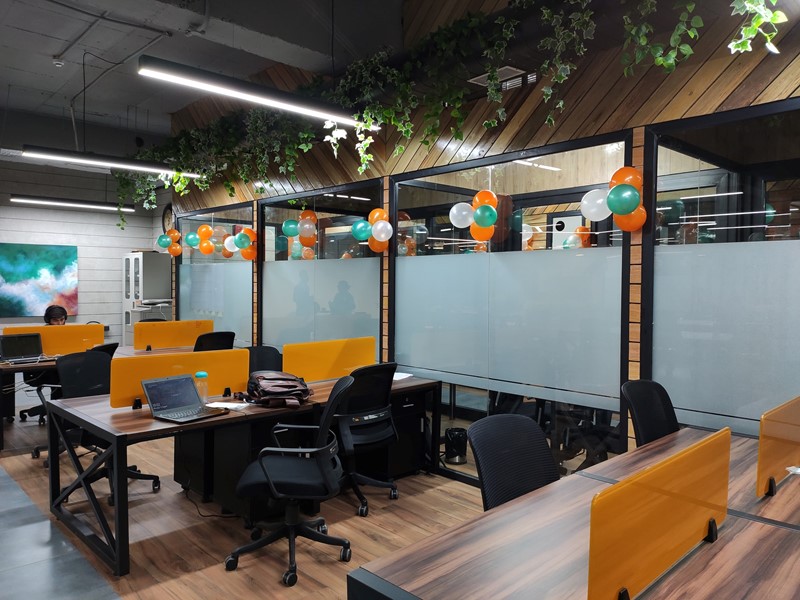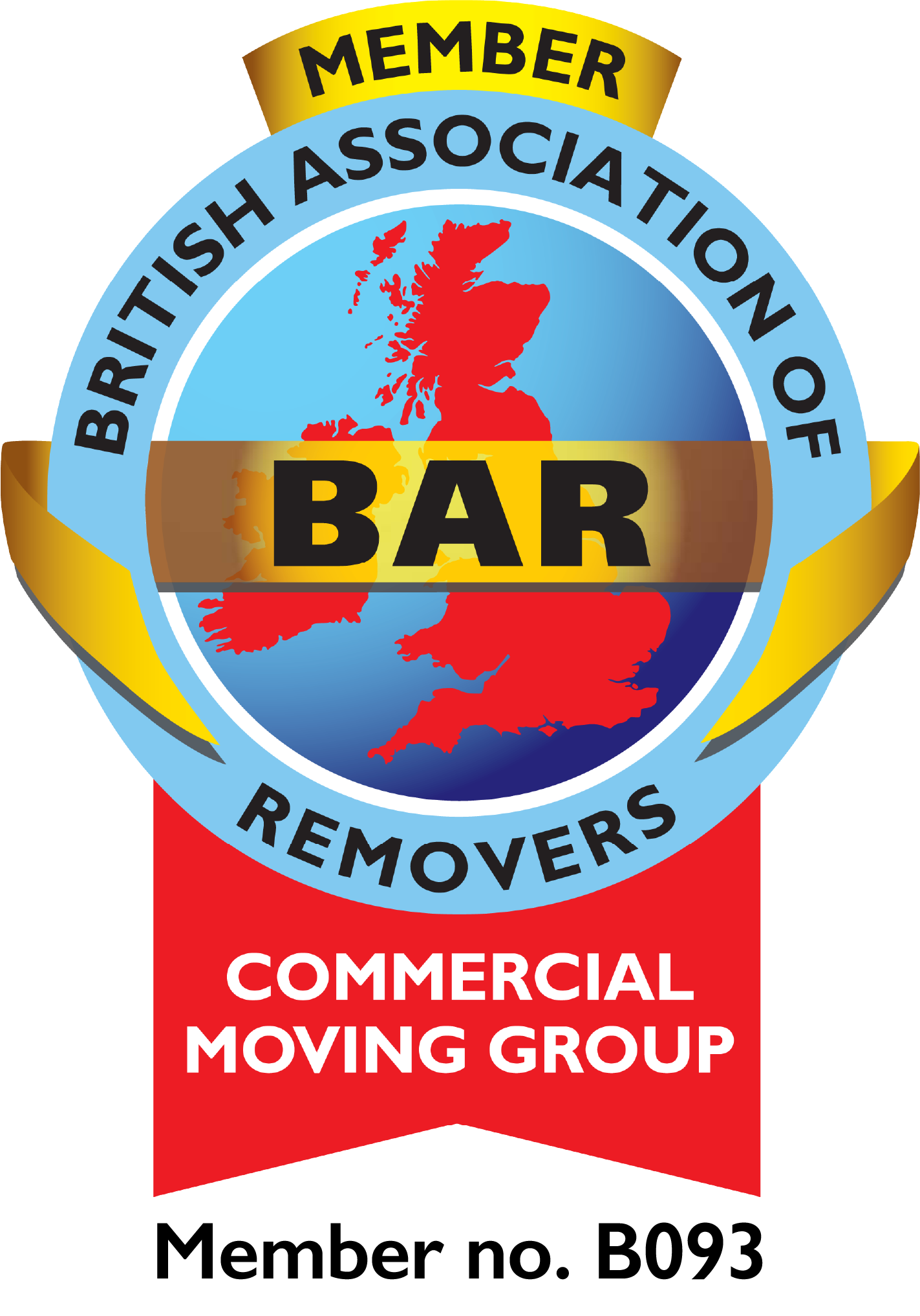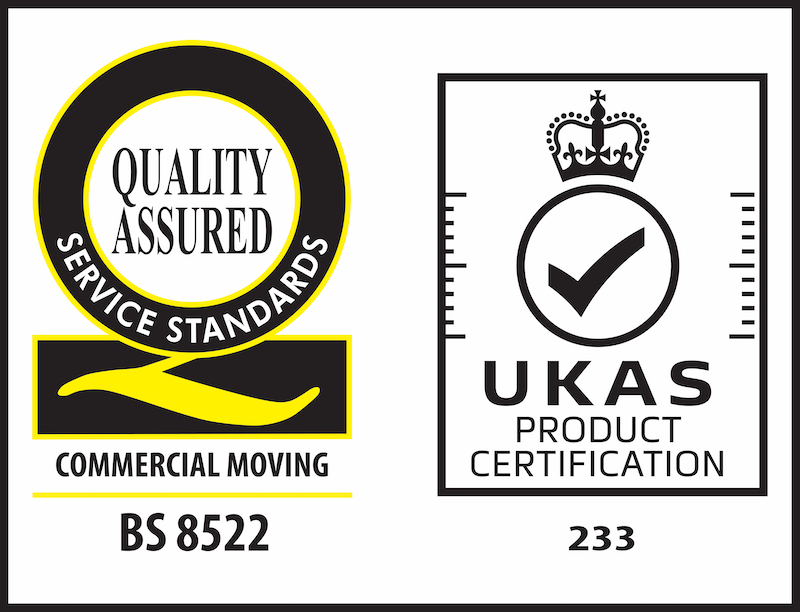Why sustainability is crucial to our business culture
Sustainability and ethical practices are at the heart of everything that we do

MORE STORIES
- Page 1 of 27
Please click here to chat through what you'd like your Success Story to be.
Among the many impacts of the pandemic, one has been a greater appreciation of community and sustainability. The lockdown made all of us aware just how important it is to have human connection. As an extension of that, many of us have experienced a greater sense of community. From getting to know neighbours over the garden fence to supporting local businesses to aid their survival, we’ve all come together during this difficult time.
People are also looking at how companies have responded to the pandemic. A recent Deloitte survey found that almost four in five people could cite a time a brand responded positively to the pandemic, and one in five strongly agreed it led to increased brand loyalty on their part. Conversely, more than 25 per cent of those who noticed brands acting in their own self-interest walked away from those brands.
Consumers are increasingly savvy about who they buy from. Similarly, businesses are becoming more thorough in who they partner with. Of course price is important, but so are ethics, sustainability and corporate social responsibility (CSR).
At BMG, we have policies in place for our environmental practices, our code of ethics, CSR and sustainability. These are reviewed and updated every year and we are externally audited twice each year. But this is just the foundations. We strive to go above and beyond in everything we do.
Sustainable furniture
A lot of the work we do involves working with clients to assist them in choosing the right furniture for their sites. When all is said and done, we want to ensure that not a single piece of furniture is thrown out or wasted.
I read a report from WRAP a decade ago that has stuck with me ever since. The report looked at the benefits of reusing office furniture and some of the statistics were staggering. Every year, the number of office chairs that are thrown away is the equivalent weight of 357 A380s. if they were lined up they would stretch from London to Perth. Throwing out 50 office chairs produces 50 tonnes of carbon.
You get the picture. As a relocation and change management company, we are in a unique position to make a positive difference. We work through a number of options with each of our clients to make sure that all furniture is used in one way or another.
How we do it
At first, we use our knowledge of their sites and inventory to help them choose the right furniture for their projects. As well as the environmental benefits, this often leads to big savings – a major banking client of ours saved £1.5 million in two years through reusing and reallocating their furniture.
If a client has excess furniture, we explore the option of giving them to partner businesses or to their customers. The same banking client that saved £1.5 million gave 637 operator chairs to an agency that remanufactured the chairs. Some were returned to the client, and others were sold to social enterprises. We took 29 and distributed them to a charity in Birmingham and a hospital in Bristol – both causes that the client had requested they go to.
We’re now starting to look at sustainable fabrics. There are companies that are using plastic litter recovered from the ocean to make sustainable products. We’re always on the lookout for innovative solutions that can help us and our clients be as sustainable as possible.
The BMG culture
Supporting our client’s charities is one of our key tenets. This might be through donating furniture, or by providing labour. We do it because we want to support our clients, but also because it’s part of our culture.
That culture runs through BMG and means that we attract and retain employees who share the same ethos. People who want to make a difference; who care about social issues; and who are involved in charities in their personal lives.
The pandemic may have shined a light on the importance of connections and community. I’m proud to have fostered that sense of belonging and purpose at BMG for many years now, and look forward to doing so for many years to come.
By Rachel Houghton, MD at Business Moves Group.
MORE STORIES
- Page 1 of 27
Please click here to chat through what you'd like your Success Story to be.





